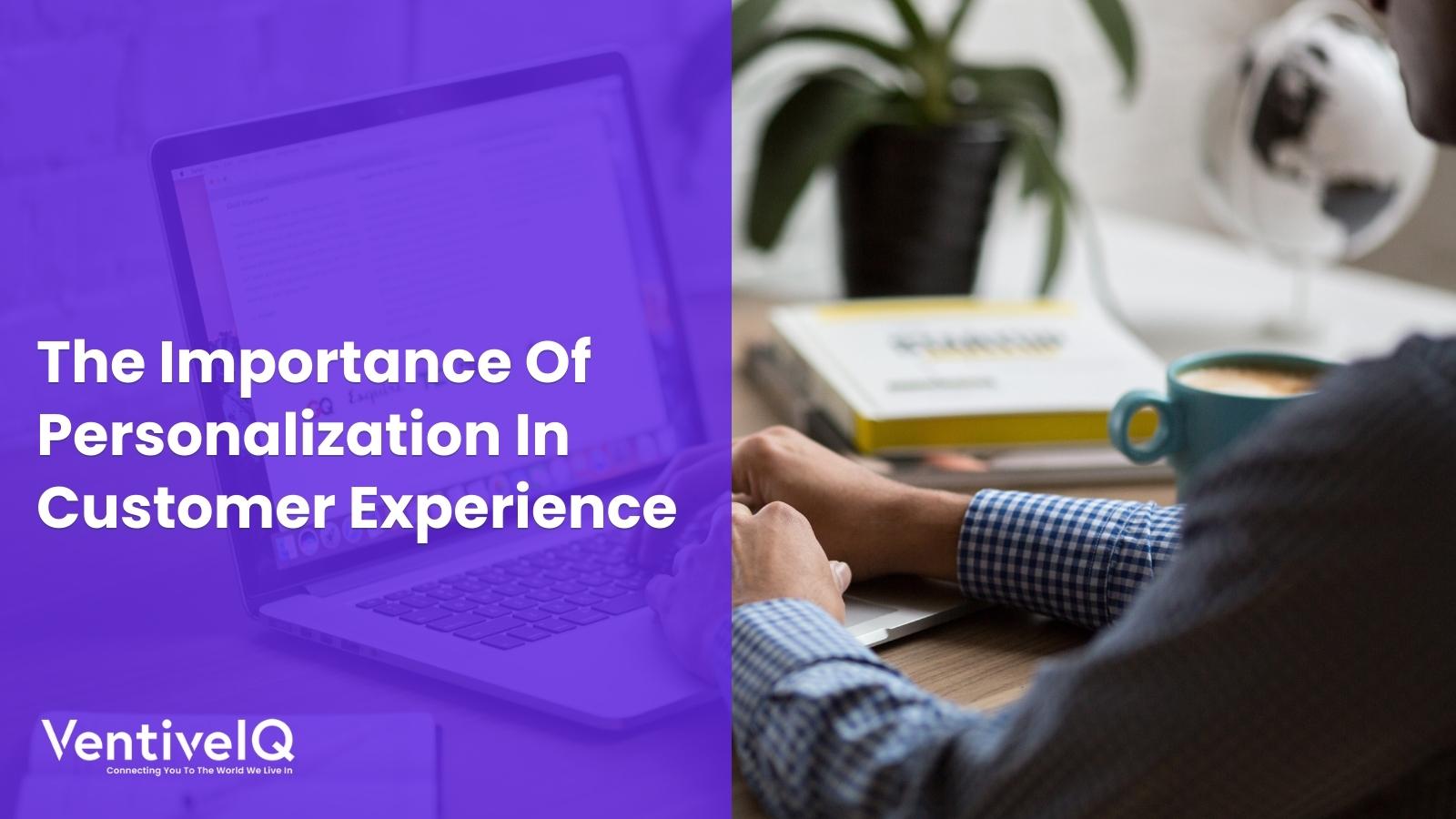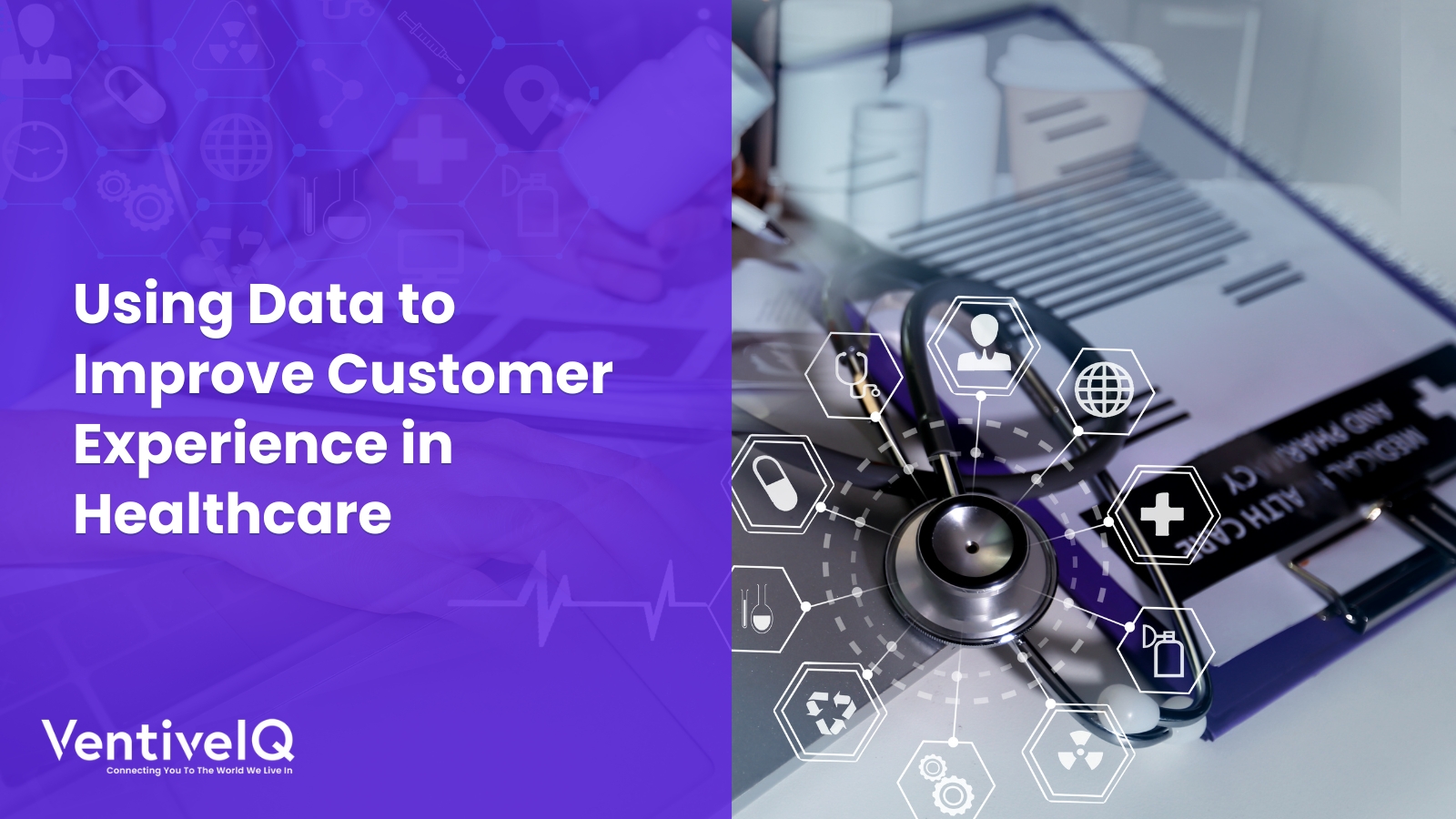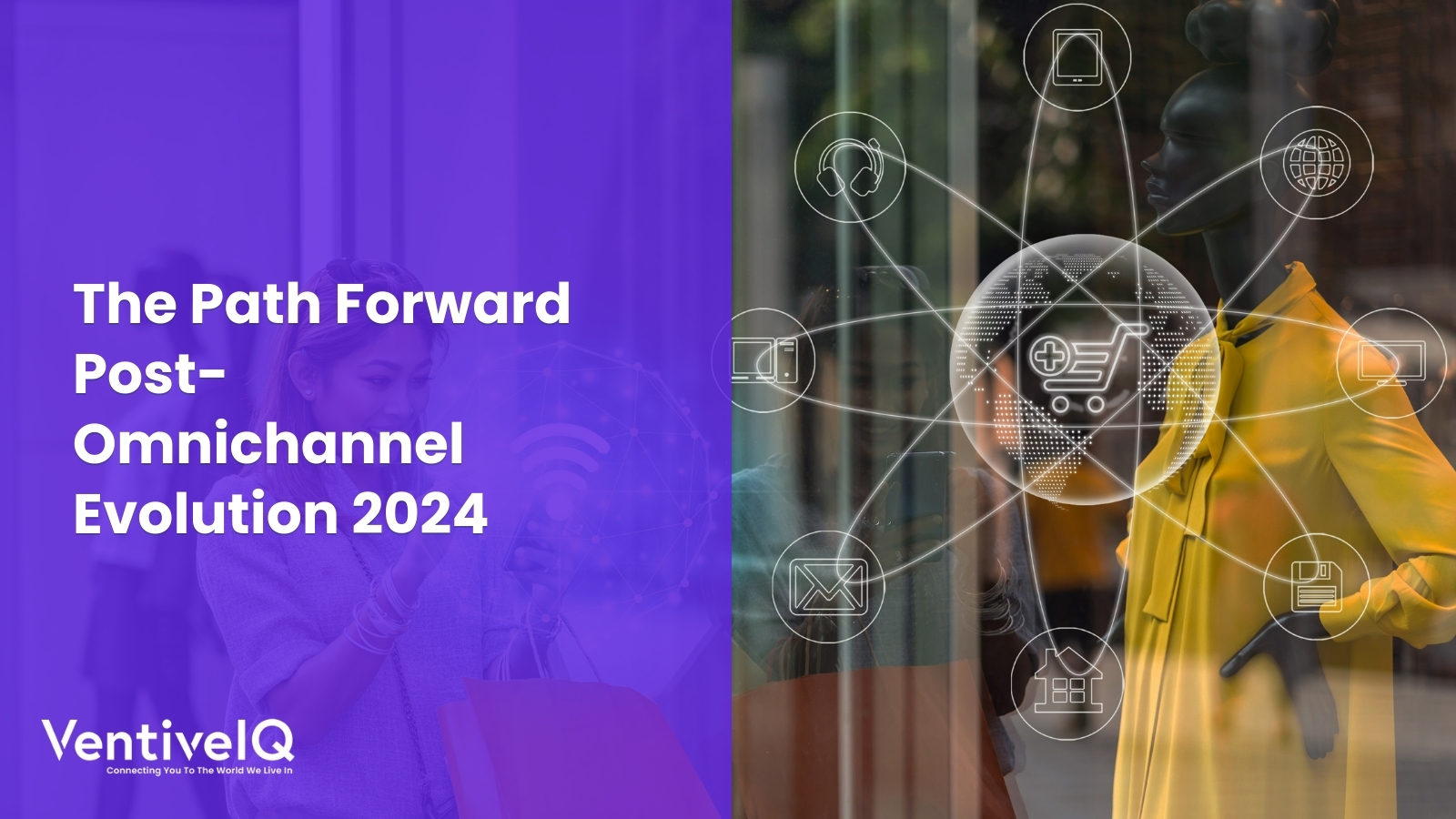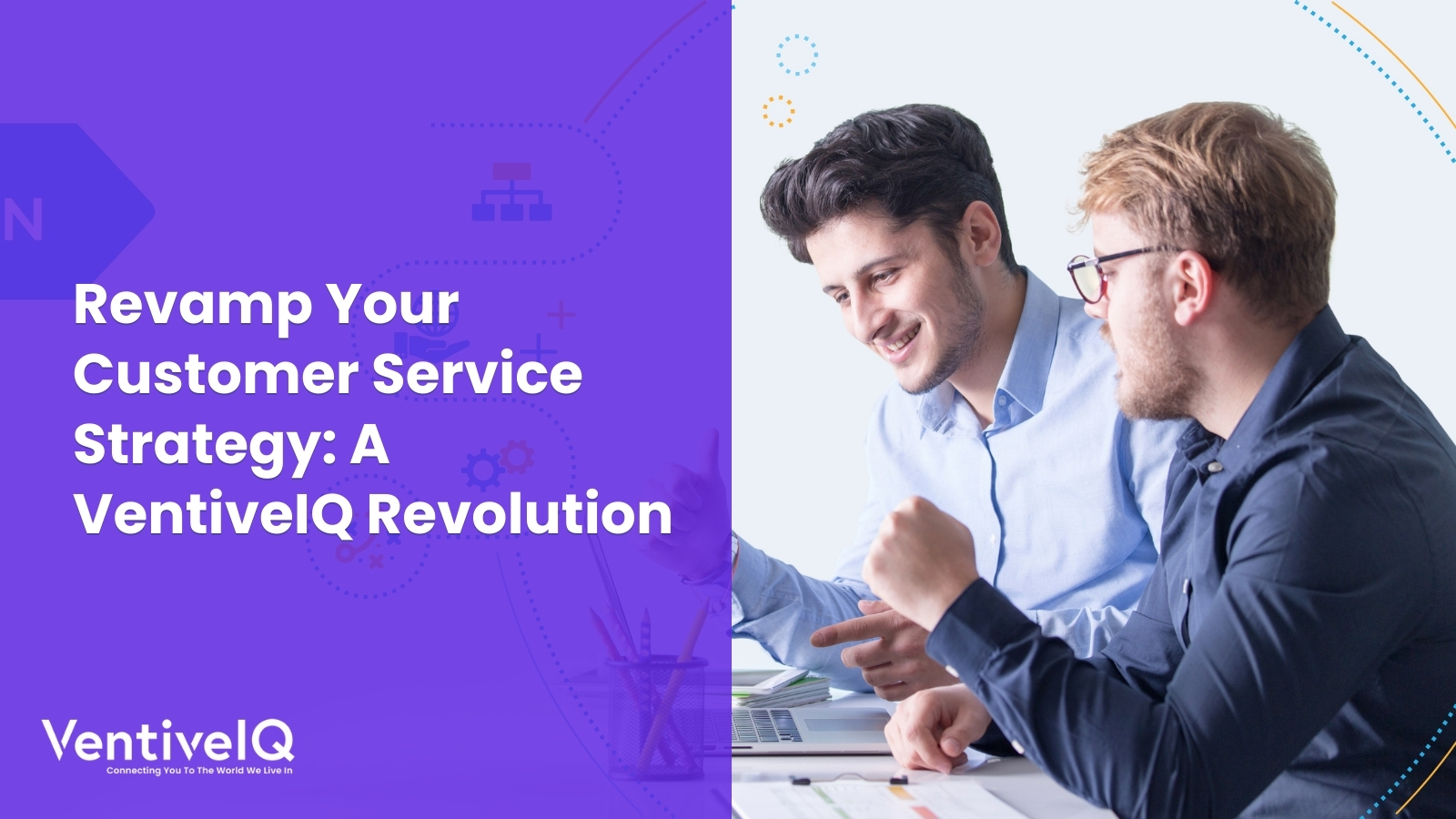Personalization is key to providing a great customer experience. Learn how to use data & technology to boost customer satisfaction, loyalty & sales by VentiveIQ!
Overview
In the dynamic landscape of modern business, where competition is fierce and customer expectations are continually evolving, one strategic approach has risen to the forefront: personalization. In an age where consumers are bombarded with a constant stream of information and choices, businesses that prioritize personalized customer experiences are poised to not only meet but exceed expectations. In this blog, VentiveIQ will delve into the significance of personalization in customer experience and explore how it can drive lead generation.

The Era of Personalization
The era of universal marketing strategies is a thing of the past. Today’s consumers seek tailored experiences that resonate with their individual preferences, needs, and behaviors. Enter personalization – a strategy that empowers businesses to create meaningful connections with their target audience. Personalization goes beyond addressing a customer by their first name; it involves crafting interactions that align with their interests, previous interactions, and buying history.
As per a survey by Accenture, a whopping 91% of consumers display a greater inclination to patronize brands that demonstrate recognition, and memory, and offer apt suggestions. This statistic alone underscores the profound impact personalization can have on customer loyalty and, consequently, lead generation.
How to Personalize the Customer Experience
Diverse avenues exist for customizing the customer experience. Among the prevalent techniques are:
- Using customer data: This is the most effective way to personalize the customer experience. By using data such as past purchases, browsing history, and social media activity, businesses can create a more relevant and engaging experience for each customer.
- Using segmentation: This includes grouping your customers according to shared attributes like demographics, interests, or their history of purchases.
- Using real-time data: This involves using data that is collected in real-time, such as the pages that a customer is viewing on your website or the products that they are adding to their cart. This allows you to provide personalized recommendations and offers that are relevant to the customer’s current needs.
- Using artificial intelligence: Artificial intelligence (AI) can be used to automate many of the tasks involved in personalization, such as collecting data, analyzing data, and creating personalized content.
Driving Conversion Rates
In the realm of lead generation, conversion is the goal. Personalization plays a pivotal role in driving conversion rates by presenting tailored solutions that directly address a prospect’s pain points. A personalized approach demonstrates a business’s commitment to solving a prospect’s challenges, fostering trust and credibility.
Email marketing, a staple in lead generation, is a prime example of how personalization can boost conversion rates. Research by Campaign Monitor indicates that personalized email campaigns can generate six times higher transaction rates. By segmenting email lists and crafting messages that resonate with specific audience segments, businesses can deliver content that speaks directly to a recipient’s interests and needs, increasing the likelihood of click-throughs and conversions.

Cultivating Customer Loyalty
Loyalty is the lifeblood of any successful business, and personalization is a proven method for nurturing long-term customer relationships. When customers feel valued and understood, they are more likely to become brand advocates, sharing their positive experiences with friends, family, and online communities.
In a competitive market like the USA, where customers have a plethora of options, fostering loyalty is essential for sustained customer experience success. Personalization enables businesses to create loyalty programs, special offers, and exclusive content that cater to individual customer preferences. By continuously engaging with loyal customers through personalized interactions, businesses can create a strong foundation for ongoing lead generation, as loyal customers are more likely to refer others and provide positive reviews.
Harnessing Data for Personalization
Effective personalization hinges on data collection and analysis. Businesses must leverage data-driven insights to understand customer behavior, preferences, and pain points. By harnessing the power of data analytics tools, businesses can uncover valuable patterns and trends that inform personalized strategies.
For instance, website analytics can reveal which pages a customer visited, how much time they spent on each page, and whether they abandoned a shopping cart. This information can be used to send personalized follow-up emails with tailored recommendations, discounts, or reminders, effectively re-engaging potential leads and nudging them toward conversion.
VentiveIQ’s – Elevating Customer Experiences
VentiveIQ is a great tool that can help you to collect and analyze customer data so that you can create personalized experiences for your customers. Here are some specific examples of how VentiveIQ can be used to personalize the customer experience for businesses in the USA:

- Website personalization: VentiveIQ can be used to personalize the content and layout of a website based on a visitor’s past behavior, interests, and demographics. For example, a visitor who has previously purchased a product from a website might see more recommendations for similar products on their next visit.
- Email personalization: VentiveIQ can be used to personalize email campaigns based on a recipient’s past email interactions, purchase history, and interests. For example, a customer who has recently purchased a product might receive an email with a coupon for a related product.
- Social media personalization: VentiveIQ can be used to personalize social media interactions based on a user’s past social media activity, interests, and demographics. For example, a user who has liked a brand’s Facebook page might see more ads for that brand in their newsfeed.
Conclusion
In an era where customer expectations are ever-evolving, the importance of personalization is to connect deeply with the audience of businesses and drive lead generation. By enhancing customer engagement, boosting conversion rates, and cultivating loyalty, personalization holds the key to unlocking the full potential of a brand’s customer experience strategy.



